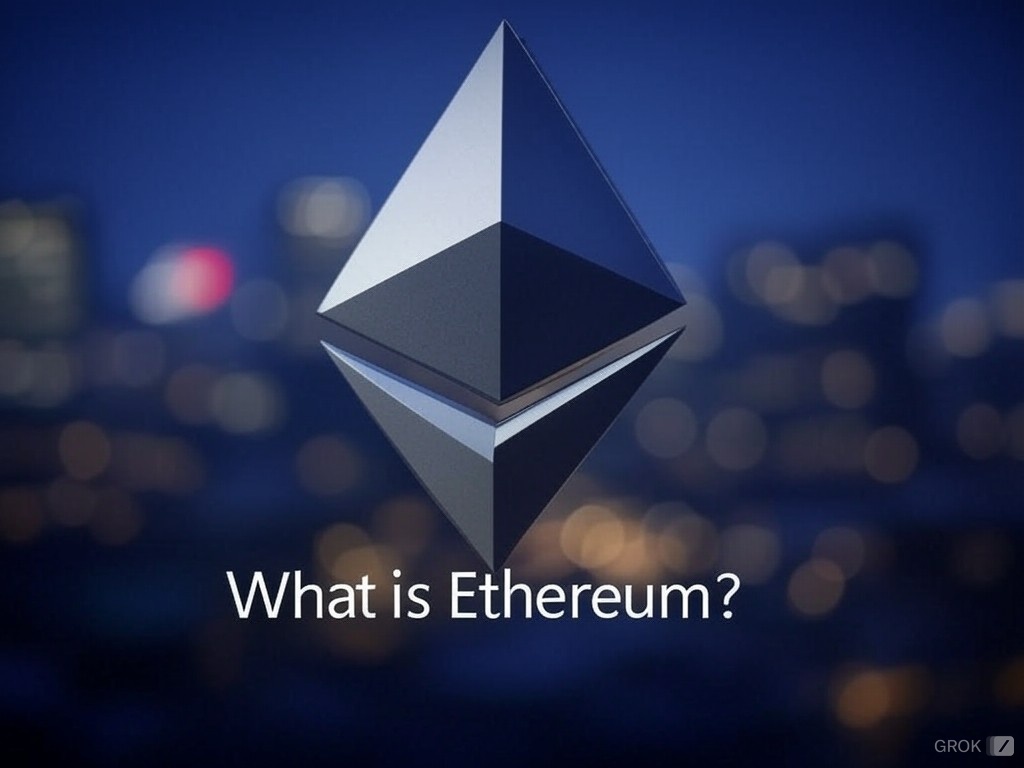

In a surprising alliance, Meta CEO Mark Zuckerberg and Elon Musk have joined forces to resist the transition of OpenAI to a profit-oriented model. Both tech giants express their suspicion that this shift from OpenAI’s non-profit organization could undermine and have a significant impact on Silicon Valley’s innovative landscape.
Meta Platforms, along with Musk, has formally objected to the transformation of OpenAI. According to the Wall Street Journal, Meta has issued a brief to California’s Deputy Attorney General Rob Bonta, indicating that the restructuring of OpenAI could potentially misuse the company’s non-commercial resources for private profit.
Meta’s letter explains that OpenAI deviates from the goals it set at its inception in 2015 and jeopardizes its original mission. Zuckerberg supports Musk’s concerns by stating that this change could set a precedent where startups misuse non-profit models.
Despite a history of rivalry, Zuckerberg now stands by Musk’s side in this legal battle. The brief Meta documentation suggests that OpenAI’s switch to a profit-oriented model could not only damage Silicon Valley’s innovation ecosystem but also pave the way for other startups to do the same.
However, through the X-platform, OpenAI has claimed that Musk supports this change for the company’s advanced AI research and argues that it is necessary to secure investments. They also mentioned Musk’s previous proposal for a profit-oriented approach within the company in 2017.
The tragic death of whistleblower Suchir Balaji has further fueled the discussion on AI ethics and transparency. Balaji, who criticized copyright issues within OpenAI’s AI systems, was marked as a suicide case by the powers. This has led to increased attention to the high pressure and ethical responsibilities within AI research. Critics argue that OpenAI’s profit orientation compromises ethical responsibilities, further escalating tension in the tech world.
While this debate rages on, OpenAI continues to innovate with the launch of Sora, a video production platform that showcases the breadth of their AI capabilities. This is the dual role of OpenAI as a pioneer in AI technology, while simultaneously undergoing criticism about its corporate structure and ethical obligations.
These developments place both Zuckerberg and Musk in a unique position to influence the future of AI regulation and ethics in Silicon Valley, as they seek to balance innovation and responsibility.